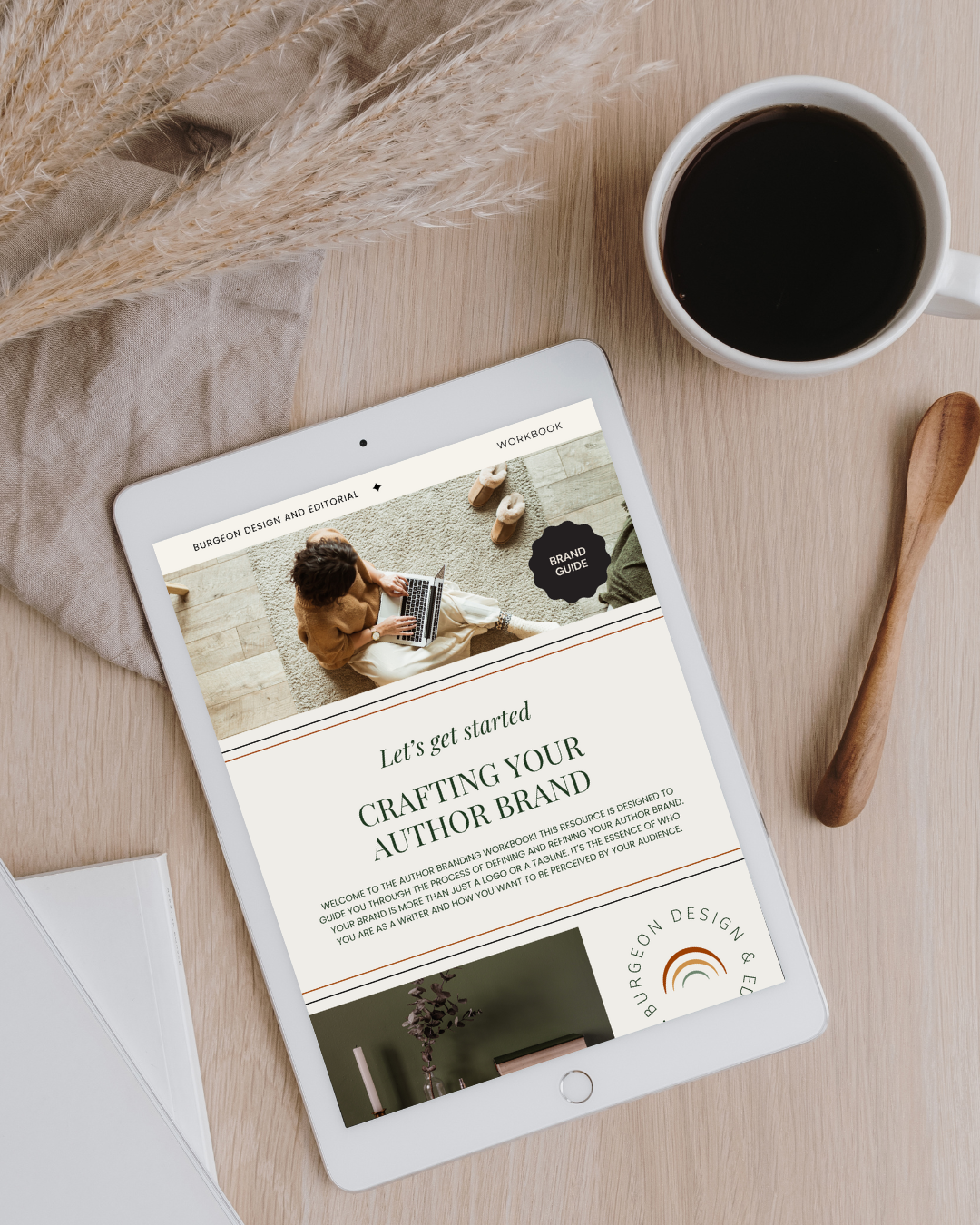Crafting Your Author Brand
Inside this workbook, you'll:
✦ Discover Your Authentic Voice: Identify and explore your core values, uncovering the themes, beliefs, and causes that deeply resonate with you and form the foundation of your unique authorial voice.
✦ Connect with Your Ideal Reader: Define your target audience with precision, understanding who your ideal reader is and tailoring your message to resonate specifically with them.
✦ Craft Compelling Messaging: Develop a strategic approach to interacting with your readers by crafting key messaging that authentically reflects your voice, resonates with your audience, and forms the cornerstone of your brand strategy.


